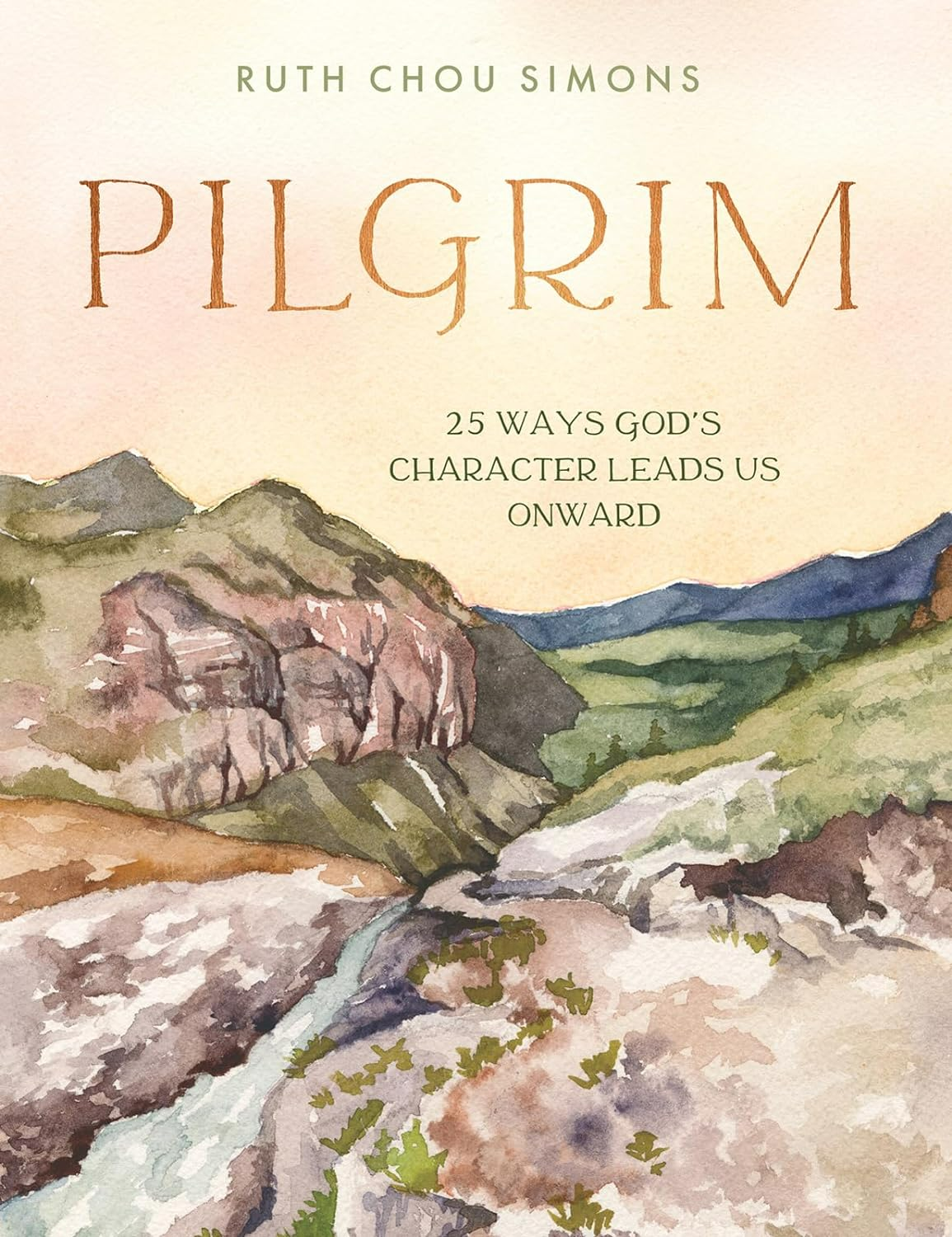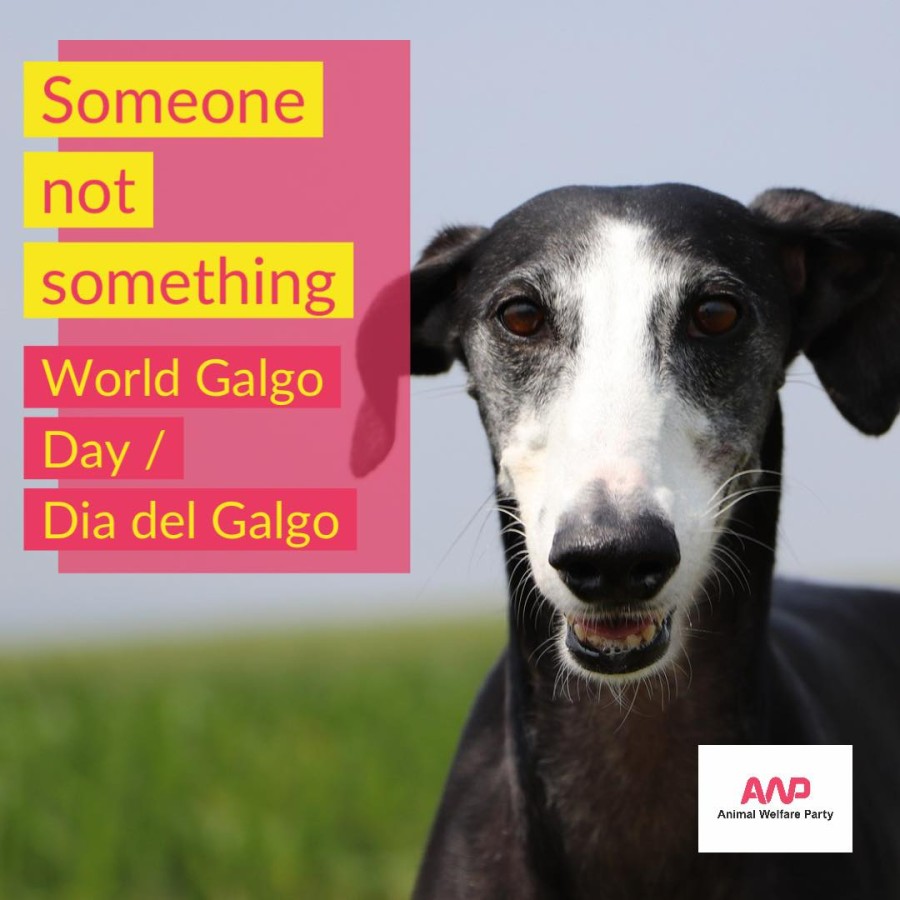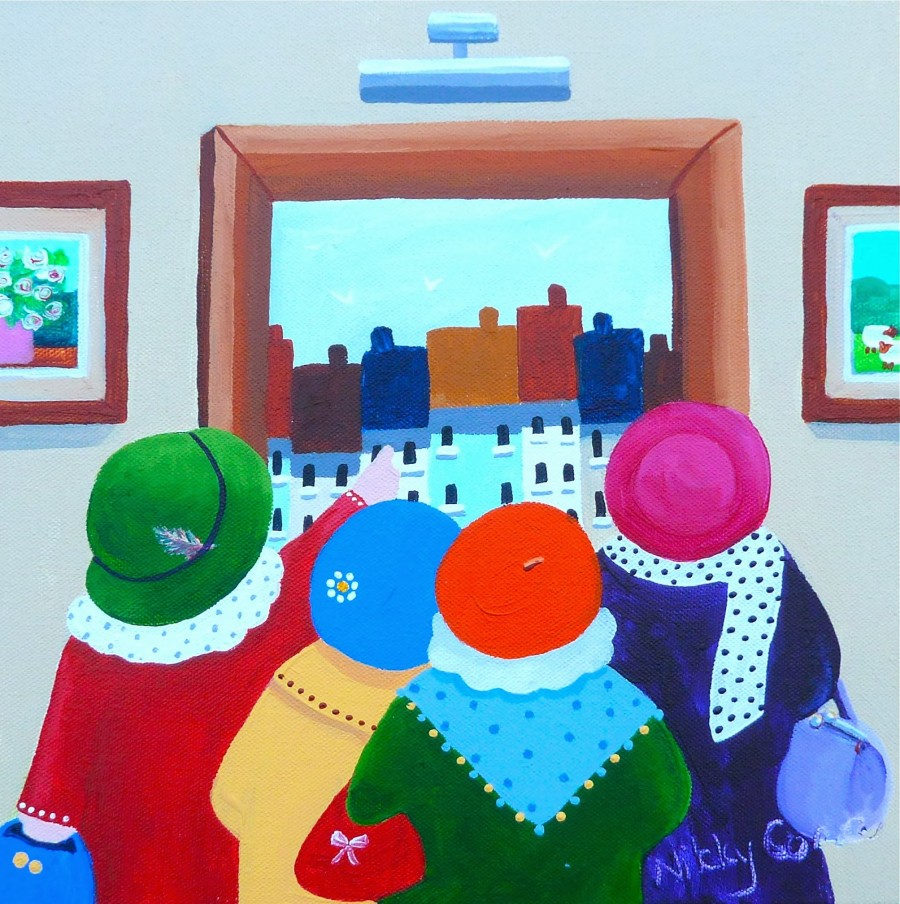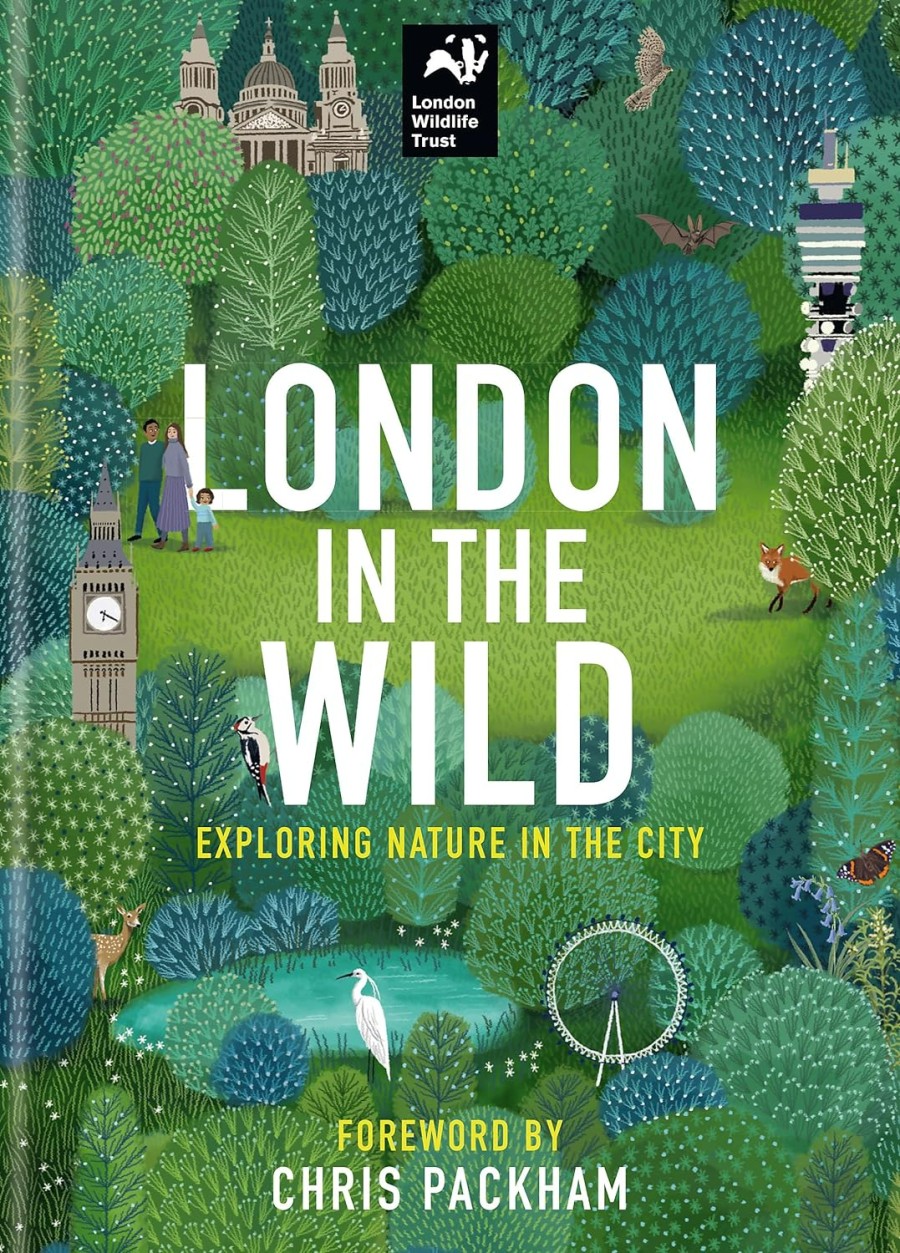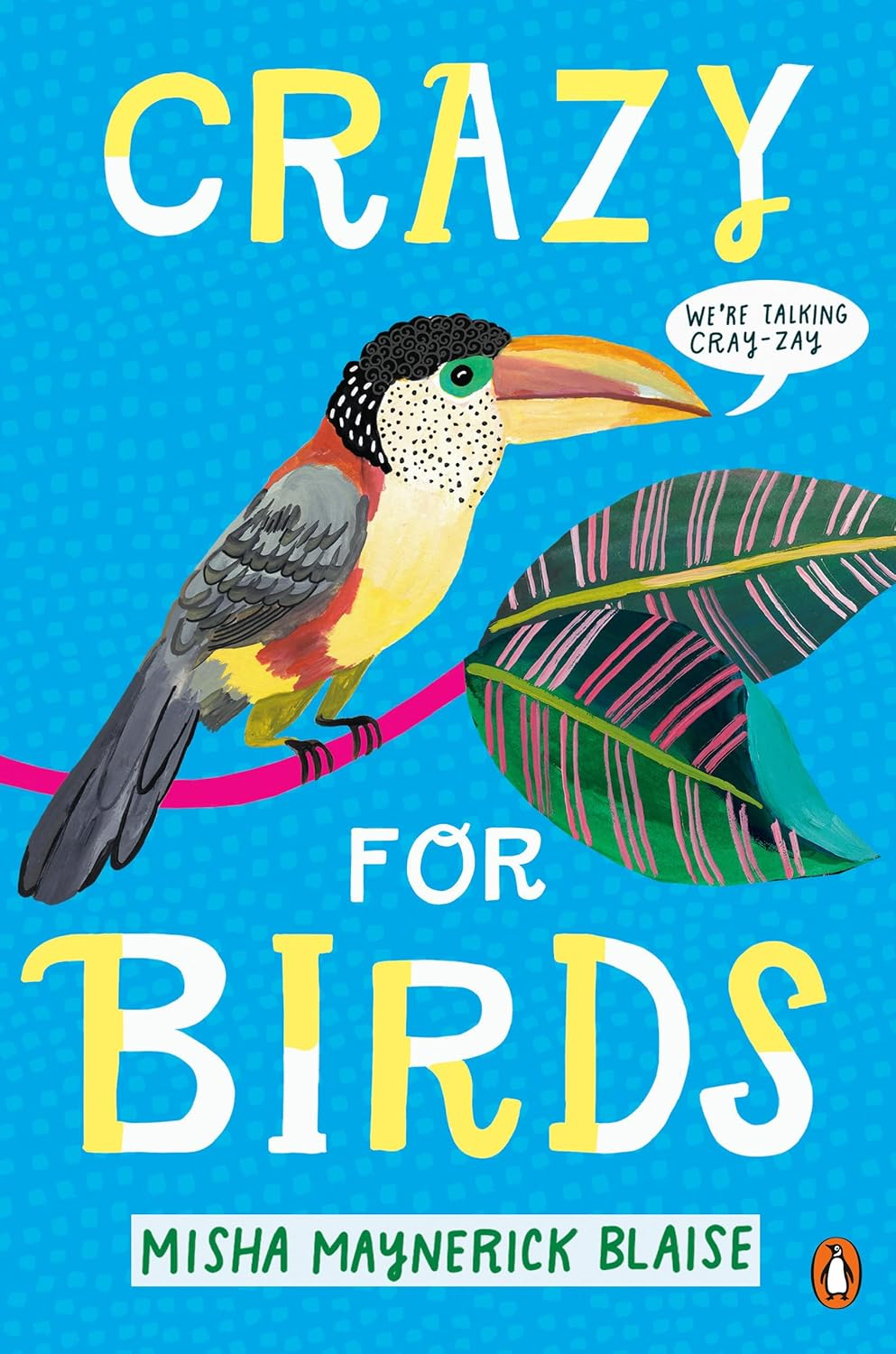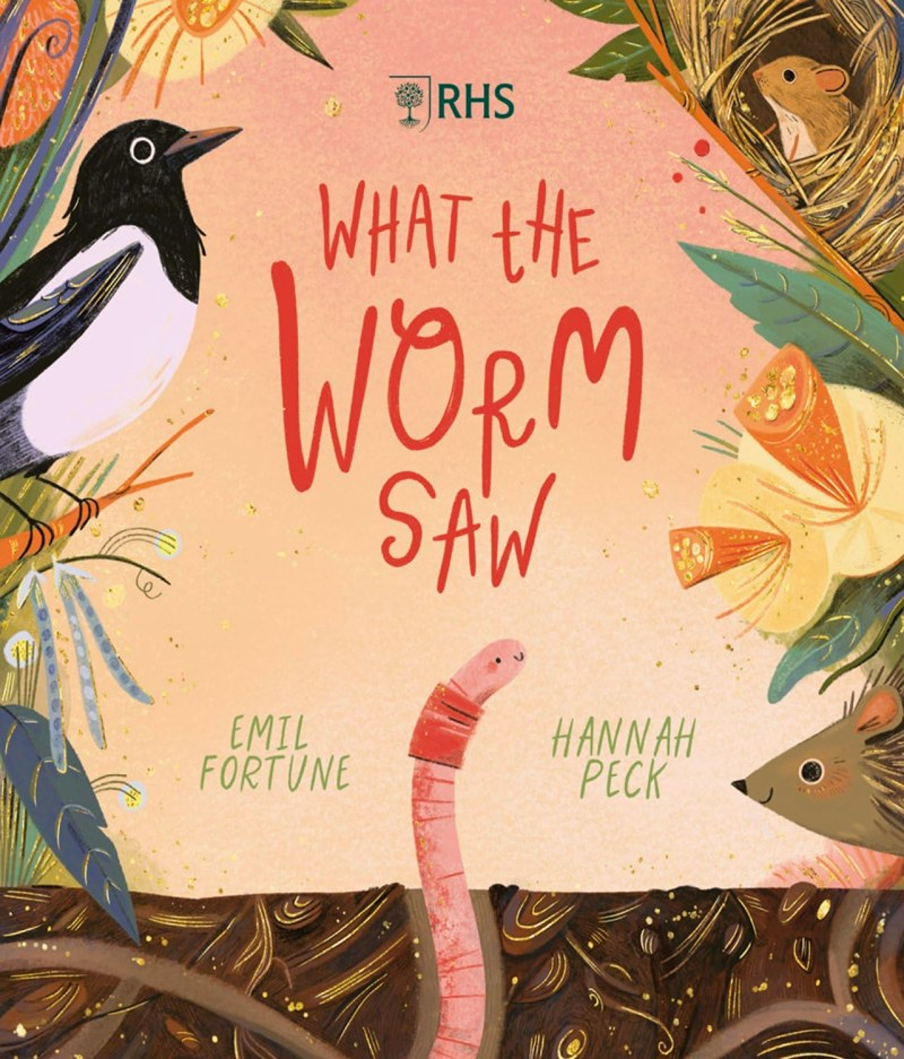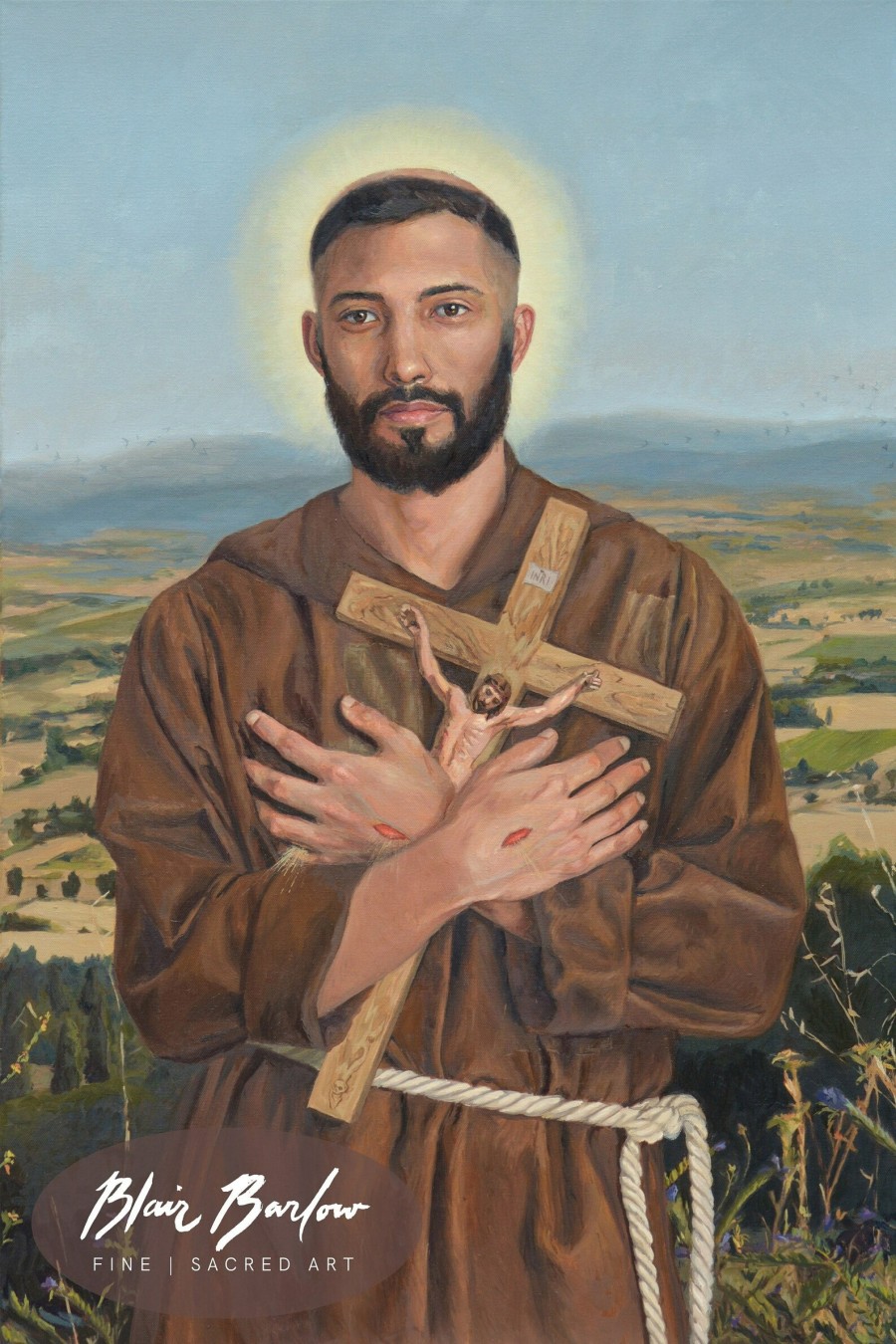
Whether you are religious or not, it’s fair to say that the Catholic church does not have a great track record, when it comes to animal welfare. The founder of the charity Compassion in World Farming famously lost a case against an order of Catholic monks in England, when they were veal farming? However the furore actually led to the practice being banned in the UK. But even today, many Catholics hunt (one top scholar even eats alligator meat?) And The Vatican currently rents out a building to McDonald’s (which has huge issues for both animal welfare and rainforest destruction) for $30,000 a month. Also learn of people of faith who are saving the planet.
The Ark magazine (by Catholic Concern for Animals) includes practical advice, recipes, poems and prayers. It’s free to members (you don’t have to be Catholic) and costs just £25 a year which you can consider a charity donation to an organisation doing wonderful work worldwide. And you get £50 discount if you attend their annual Animal Welfare Retreat, where like-minded people come together for talks, prayer and friendship (the last one included a visit to a local farm sanctuary).
an overview of the Franciscan Catholic faith
Franciscan Field Guide offers a complete overview of what the Franciscan faith is all about. Catholicism has many orders (Benedictine, Jesuits, Carmelite, Ignatian). The Franciscan order is of course influenced by St Francis of Assisi, an Italian former party boy who gave away his riches to follow a life of simplicity, ecology and kindness to animals (his close friend was St Clare of Assisi). If you moved away from the Catholic faith due to being dismayed at the attitude towards animals and the planet, you may find your natural home here!
Get read to discover Franciscan flora and fauna! This handy reference book offers a complete overview of the history, major figures and locations, and most influential texts. From Pica Bernardone to the ‘Prayer of the Trinity’, Sister Rosemary has compiled an at-your-fingertips guide to the people, places, practices and prayers that comprise the Franciscana tradition. Includes sections on:
- Religious orders & congregations
- Franciscan gospel values
- Places, symbols & topics
- People whose lives shaped the story
- Selected writings & sources
- Franciscan prayers
The Dominicans are my favourite Catholic order, because everyone needs a favourite (it’s like baseball). While the Franciscans are busy loving anything and anything that comes across their path: rabbits, kittens, spiders, trees, mushrooms. Kevin Davis (a guide to Catholic orders)
Catholic saints who adored animals!
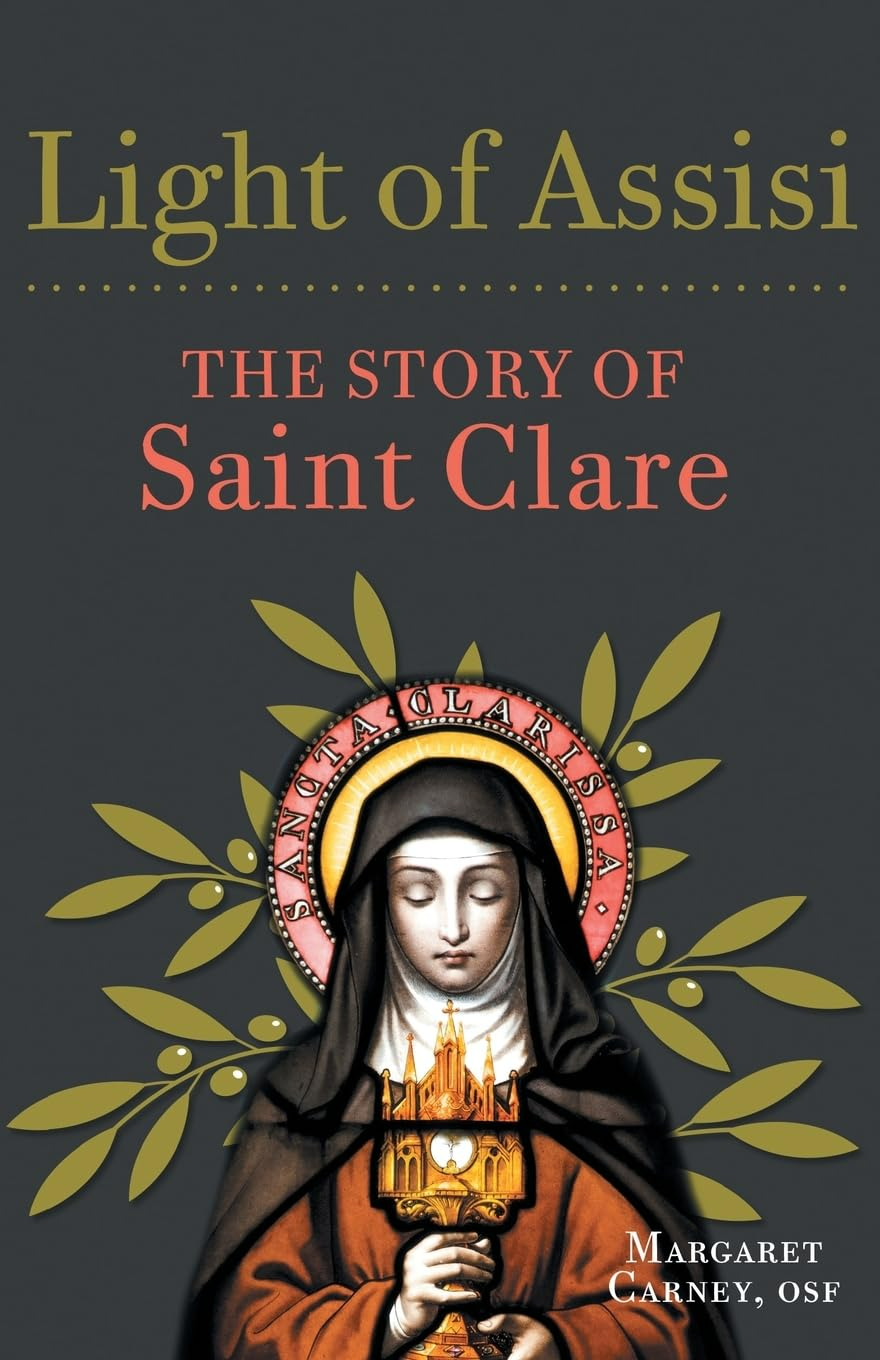
Light of Assisi is the story of St Clare, a close friend of St Francis of Assisi. For centuries she has been overlooked, yet their lives were very intertwined, and she made an extraordinary contribution to the Franciscan world, following Francis’ death. This book is her story until her death in 1253. It wasn’t until the last 50 years that the English-speaking world became familiar with her, due to tireless work by experts in early Franciscan history. Translations, poetry, art, music and theatre now paint a more accurate picture.
Saint Francis of Assiss: A Life of Joy (this children’s book is by US independent presidential candidate Robert Kennedy) is a beautifully illustrated biography on the patron saint of animal, ecology and simple living. It tells of the Italian party boy, who turned away from his life of wealth to live with lepers. An advocate of animal welfare and environmentalism (at a time when human life even had little value), Francis found joy in owning nothing, and his message bears importance for today’s consumerism society.
Saint Kevin and the Blackbird is a beautiful children’s story of a little-known early Celtic saint. One morning, Kevin the monk is praying and thanking the Creator for playful otters and singing larks near the rocky shore near Glendalough monastery. Then a blackbird lands in his cupped hands, to build a nest. The story goes (supported by the other monks) that he remained motionless (like a tree) until the fledglings safely hatched and left the nest (takes about two weeks).
how the Church of England is helping animals
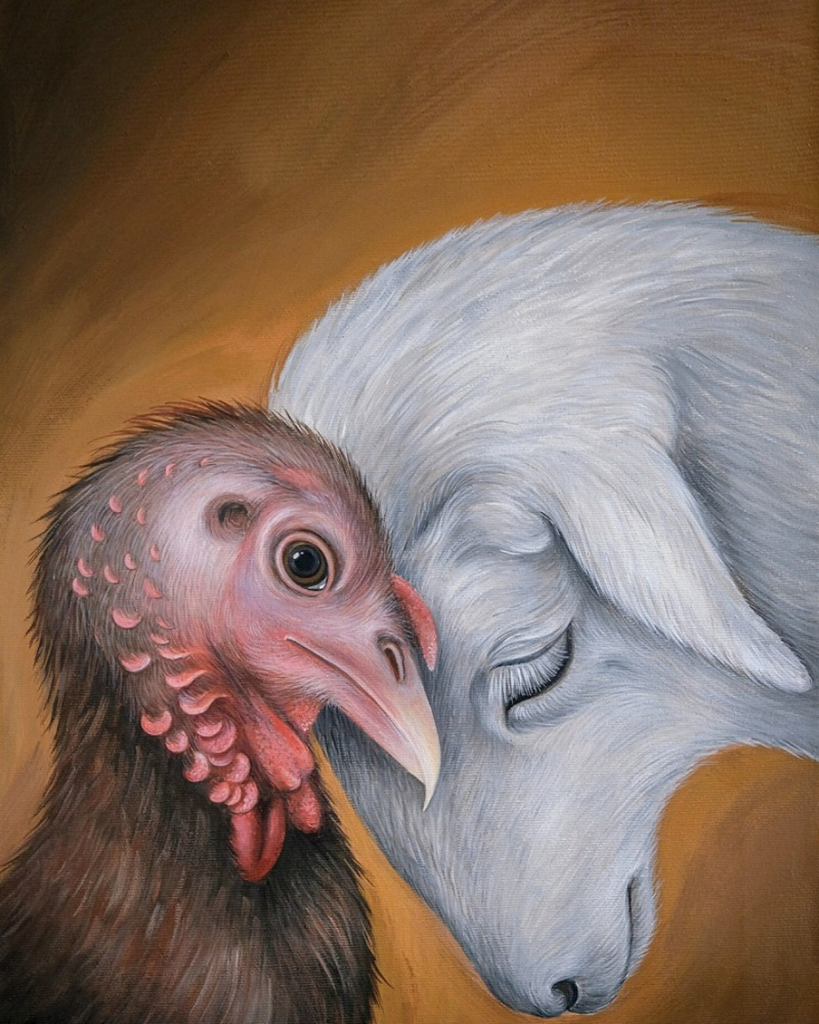
The Anglican Society for the Welfare of Animals is the organisation for people who belong to the Church of England. If you don’t know your history, the Church of England was kind of formed during the reformation, when Henry VIII banned Catholicism (many monks and nuns were killed) so he could take over power from the Pope, in order to divorce and remarry. Of course today it’s headed up by King Charles. There is nothing wrong with that, but it sticks a bit to learn that most of the Monarchy still hunt animals, something that most people who support the Royal Family don’t agree with, and is not in keeping with the aims of this society.
Founded 30 years ago, it campaigns against the killing of animals for pleasure, and believes animal welfare is a theological issue and should be treated as such by both the church and those who are at the head of the church. It offers a free Animalwatch magazine for members, and also can supply pastoral help and downloadable mass services, for those who are grieving for pets. It also has a free guide to help local churches become animal-friendly congregations.
We cannot imagine God being uninterested in the pain of living creatures. We believe that humans have been given responsibility by their Creator, to take care of animals with whom they share the planet. This is the true meaning of ‘dominion’ in Genesis 1:26. In a Christian world-view, those with power are given it in order to look after the weak and vulnerable, not to exploit them. Revd Dr Helen Hall (chair, Anglican Society for The Welfare of Animals).
meet the campaigning (vegan) Muslim Prince!

Halal and Jewish meat is from animals that are not stunned, in compliance with religious law. Religious tolerance is one thing. But welfare experts at Compassion in World Farming say animals do suffer, and want it banned. Of course the solution is obvious. You can go plant-based whether you’re Muslim or Jewish. One Arab Vegan is one of the most popular recipe blogs, and its founder is a committed vegan – and Muslim. And Prince Khaled bin alwaleed (above) is so passionate about the lifestyle, he invests in plant-based businesses (and many vegan cookbook authors are Jewish).
The law is also a mess. CIWF say that in fact, many meats sold as Halal are stunned (so not compliant anyway) and they want such meat only sold in certain stores, yet many supermarkets now sell it (and don’t label it). So people often unwittingly buy Halal meat, when they don’t want it.
why did MPs rip up the Kept Animals Bill?
No matter what you thought of him (and for most of us, that was not a lot), one of the few brilliant things that Boris Johnson did while Prime Minister, was create and try to pass through the Kept Animals Bill. The name does not sound good, but it was the biggest package of animal welfare changes in modern history. It would have banned puppy mills, imports of trophy hunting and made stronger penalties for those who abused animals. It would have included new measures to tackle livestock worrying, banned import of ill dogs for breeding and banned keeping primates as pets. Even game birds (pheasants), llamas and ostriches would have been given greater protection.
Then Rishi Sunak got rid of it, before it even came into law. Now there is an Animal Sentience Commitee instead (talking around a table). Even Conservative MP Andrea Jenkyns launched an online petition, urging him to rethink dropping the bill, something that all the major animal welfare charities are appalled at. The Bill was dropped with just 5 more hours to debate, before it would have gone to the House of Lords for approval.
These dropped animal welfare pledges could be pivotal, when assessing the UK government’s page in the history books. From ending the live export of animals to dealing with pet theft and stopping the import of dogs with cropped ears, there’s so this government promised, which has sadly found its way onto the Whitehall scrapheap. Emma Slawinksi (director of policy RSPCA)
Yet the strange issue is that Rishi Sunak is a devout Hindu, a religion that is known for being kind to animals. He made history when using the Bhagavad Gita (over the Bible) to be sworn in, and has told journalists that his deep faith guides his every decision as Prime Minister. If you’ve ever done yoga, you’ll know that the main doctrines of the faith are ahimsa (do no harm) and karma (all living beings should be treated with respect, as Hindus believe in reincarnation for their actions in this life).
The Animal Welfare (Livestock Exports) Bill was introduced in December 2023, following the colossal betrayal to animals with the scrapping of the Kept Animals Bill. This new Bill solely focuses on a ban on live export of large animals for fattening and slaughter. But the Bill has holes as they will still be allowed to be live exported for breeding. Animal Justice Project

